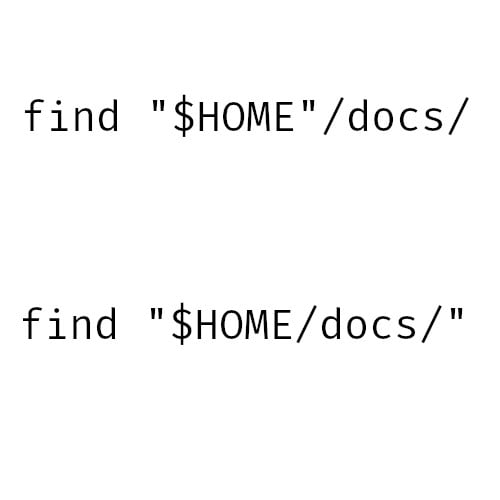this post was submitted on 26 Aug 2023
3 points (100.0% liked)
Shell Scripting
1333 readers
1 users here now
From Ash, Bash and Csh to Xonsh, Ysh and Zsh; all shell languages are welcome here!
Rules:
- Follow Lemmy rules!
- Posts must relate to shell scripting. (See bottom of sidebar for more information.)
- Only make helpful replies to questions. This is not the place for low effort joke answers.
- No discussion about piracy or hacking.
- If you find a solution to your problem by other means, please take your time to write down the steps you used to solve your problem in the original post. You can potentially help others having the same problem!
- These rules will change as the community grows.
Keep posts about shell scripting! Here are some guidelines to help:
- Allowed: Release Announcement of a command-line program designed for scripted use (e.g. bash, bats, awk, jq, coreutils/moreutils)
- Allowed: Tutorials on using shell languages or supplementary tools designed for scripted use
- Allowed: Code review/help requests for shell languages or supplementary tools designed for scripted use
- NOT Allowed: Announcement of a CLI or TUI program that is not designed for scripted use (Yes, your fancy Zsh plugin which pretty-prints the date and time using only builtins is very cool, but unless you actually want to discuss the code itself, please check out !commandline instead!)
- NOT Allowed: Domain-specific tutorials that do not involve shell scripting as a core component (e.g. docker-compose, ansible, nix). If you really love one of these, I'm sure there's a community out there ready to talk about them!
- NOT Allowed: Code review requests for non-shell programming languages and configuration languages (e.g. Python, Yaml)
In general, if your submission text is primarily shell code, then it is welcome here!
founded 1 year ago
MODERATORS
you are viewing a single comment's thread
view the rest of the comments
view the rest of the comments

I typically use
find "$HOME/docs", but with a few caveats:find $HOME/docsmv "${HOME:?}/bin" ..."${basename}_$num.txt""$HOME"/docs/*or"$HOME/docs/"*are common for me."${HOME}"unless I actually need the braces. The reason? I write more Zsh than anything, and the braces are even less necessary in Zsh:$#array[3]actually gets the length of the third element of the array, rather than substituting the number of arguments, then the string'array[3]'I always brace my variables.
While I also use ZSH, I write most of my scripts in bash because they more often than not need to run on a CI/CD server.